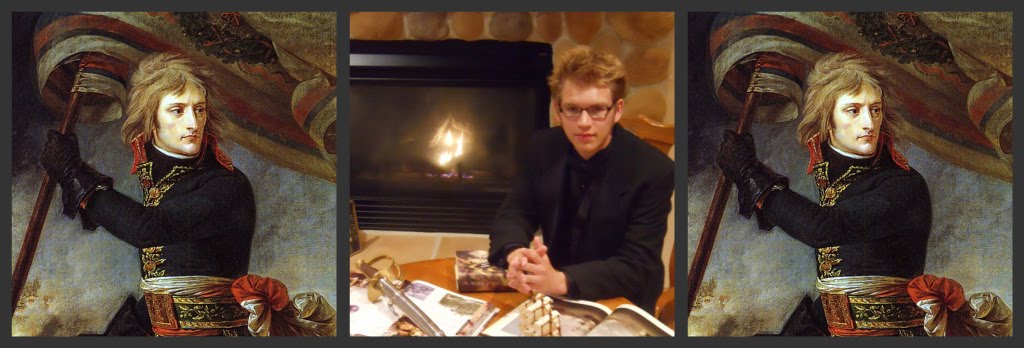In today's Napoleon Sighting, we shall briefly examine what is often considered to be L'Empereur's greatest legacy. As he personally said, his military achievements can arguably be dispelled by his ultimate defeat. What Waterloo can never steal, however, is the legal reform that Napoleon enacted.
Upon gaining the consulate in 1799, one of Napoleon's first goals was to reorganize and reform France's legal system. Like many facets of the state under the Directory, France's legal system was poorly designed, and in many cases failed to provide the Republican values of liberty, equality, and fraternity. In fact, the Revolution had largely failed to remove the confusing and ineffective laws of the Ancien Régime. In fact, over 15000 regional codes existed in France when Napoleon took power. Largely, the provinces of southern France had codes based upon Roman law, while northern France did not. Many laws experienced conflicts among different regions and national law. In fact, French citizens were often concerned about breaking laws while traveling because of the many disparities between regional legal codes. Napoleon even said, "We are a nation with three hundred books on law, yet without laws!" The Emperor (then Consul) became determined to remedy this.
Under the Code Napoleon, the law was divided into three separate sections. These sections, the laws of persons, the laws of property, and the laws of the acquisition of property, essentially covered every aspect of life. Under these sections, Napoleon established several radically new principles. The following are several examples:
• Freedom of religion
• Freedom to choose one's occupation
• Universal male suffrage
• The separation of Church and State
• Equality before the law
• The right to divorce
• The abolishment of the feudal order
While these items may not seem too radical for the modern era, Europe and the world during the Napoleonic Age was an entirely different matter. In fact, these provisions were almost entirely absent. France and the United States were the only countries that largely supported democracy during the Napoleonic Age. While Great Britain utilized constitutional monarchy, their King still held sway. As seen through the spread of these ideals, the Code Napoleon is highly influential in the modern world. As such, this Napoleon Sighting can be seen around the world.
Louisiana
Supreme Court
Over seventy modern countries utilize the Code as their principal legal document or have based their own codes on the Code Napoleon. Obviously, France remains as the foremost. Other countries include Chile, Puerto Rico, Morocco, Egypt, and even the U.S. state of Louisiana. While Waterloo may have lessened Napoleon's martial glory, his Code remains as a legacy of renown.



No comments:
Post a Comment